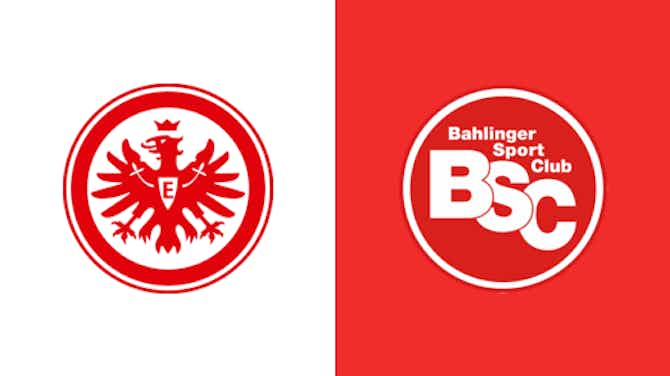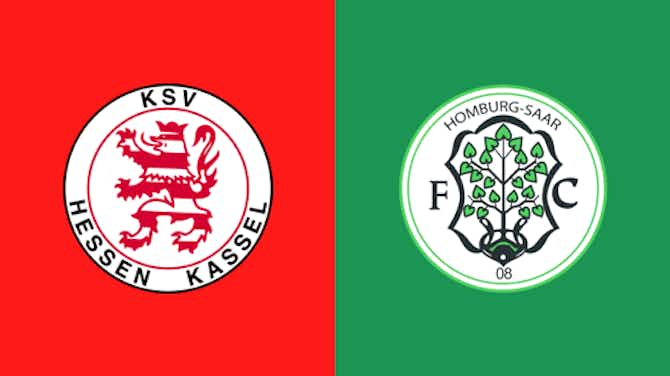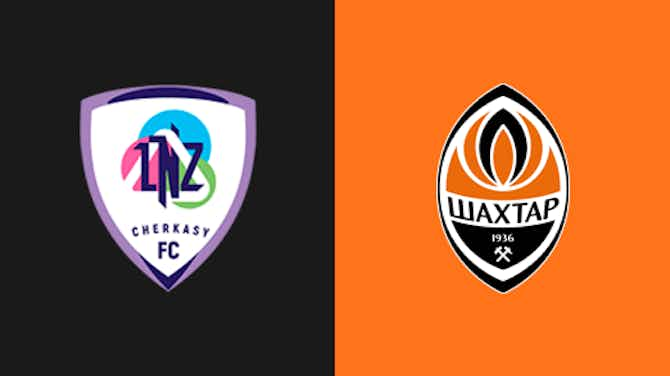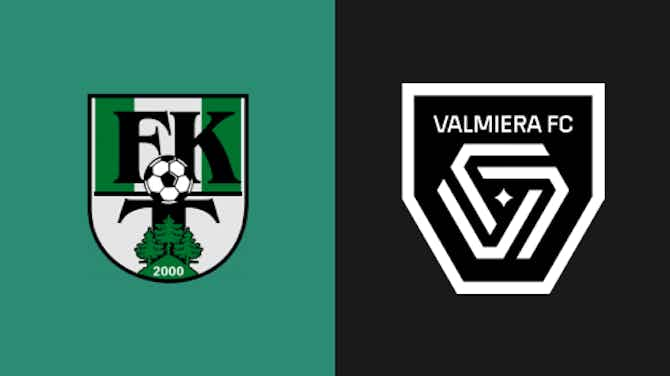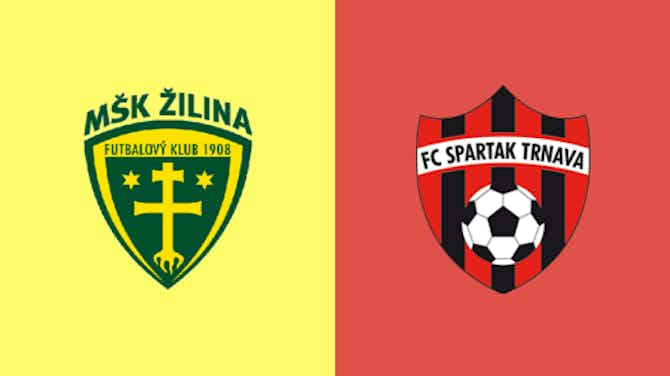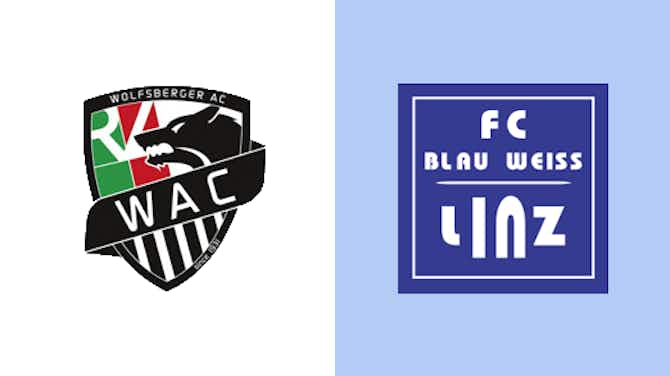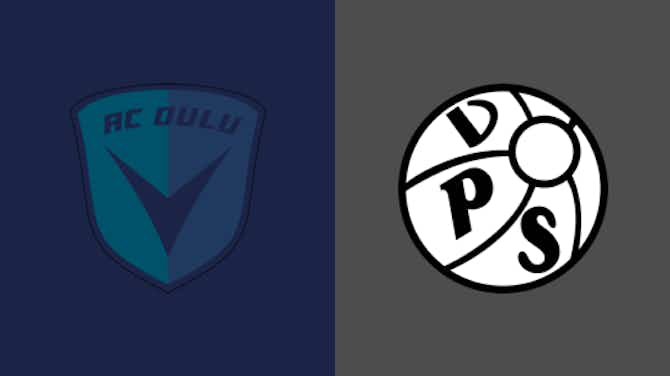Football League World
·28 March 2024
Leyton Orient: Tottenham deal paid dividends more than a decade later - View
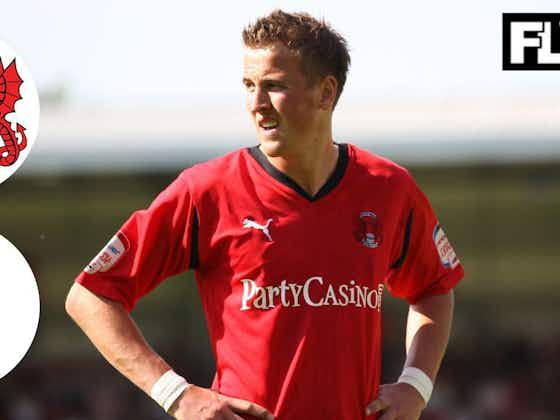
Football League World
·28 March 2024

When Leyton Orient signed a 17-year-old Harry Kane on loan in 2011, they could not have predicted the impact on the club that he would go on to have.
Kane arrived at Brisbane Road as a young striker looking for first team opportunities, having come through the Tottenham academy.
And, he made some valuable contributions as the O’s worked towards a top seven finish in League One.
But the England captain had a far greater impact on the club almost four years ago, while playing at an elite level for Spurs.

Harry Kane made his Orient debut in a 1-1 draw with Rochdale on January 15, 2011.
He scored his first of five goals against Sheffield Wednesday a week later, in a 4-0 victory over the Owls.
The Bayern Munich forward made 18 appearances in all and certainly left a better player for his experiences.
However, nobody could have foreseen the rapid development that saw the 30-year-old become the household name that he is today.

On the back of his spell in East London, Kane also made loan moves to Millwall, Norwich and Leicester.
He showed signs of improvement but never really demonstrated that he had the potential to become a senior England international.
Having played for Spurs on rare occasions between loans, it was not until the 2013-14 season that he was given consistent opportunities at the highest level.
He registered three goals and two assists in 10 Premier League appearances, and it quickly became apparent that he deserved the chance to lead the line for the Lilywhites going forward.
And, in the following campaign, Kane scored 21 goals in 34 league games, as well as five goals in seven Europa League matches.
He continued to be prolific for so long that he closed in on Alan Shearer’s all-time Premier League top goalscorer milestone (260), before opting to leave the North London club in pursuit of trophies.
Last summer, Kane signed for Thomas Tuchel’s Bayern Munich, who have underperformed in the Bundesliga thus far, though the Champions League is still up for grabs.

In most cases, a player developing into a world-class star after leaving your club is insignificant, if not frustrating.
Unless, perhaps, they have a sell-on clause which entitles them to a percentage of the player’s next transfer fee.
However, in the one-of-a-kind case of Kane, his development proved to be hugely beneficial to Orient later down the line.
In 2020, the coronavirus pandemic meant that professional football had to be suspended, and clubs lost out on their main revenue stream.
This put several lower league teams in major financial difficulty, including the O’s, but former striker Kane stepped up to the plate.
Having struck a number of lucrative sponsorship deals, as well as being on a six-figure weekly salary, he was in a position to support the club that handed him his professional debut.
Kane bought the shirt sponsorship for Orient’s home, away and third kit for the 2020-21 season, and donated it to the "Frontline Heroes" in the battle against Covid, Haven House children’s hospice and mental health charity Mind, respectively.
The striker’s backing went a long way towards balancing the books at Brisbane Road, after a difficult period, and the two parties even came to an agreement to extend the deal over the next two seasons.
Perhaps, one could argue that without this move, Orient might not have been in a position to win League Two last season.


Live




Live




Live


